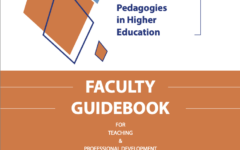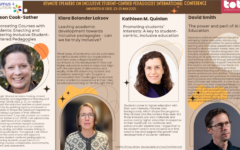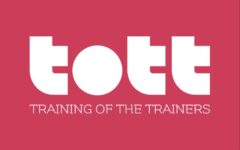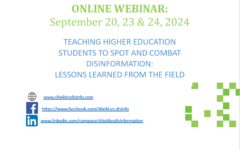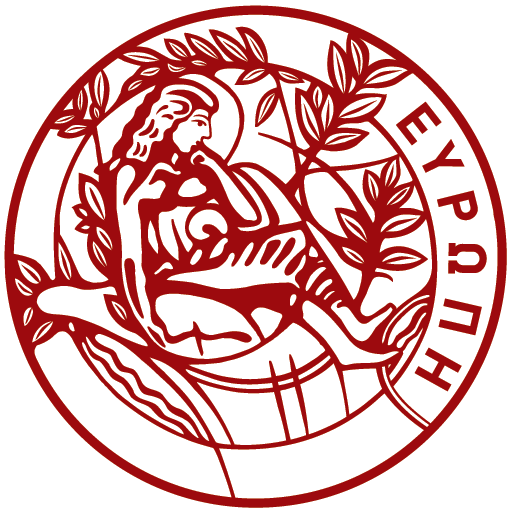Exploring the benefits of undergraduate university student’s engagement on Science Outreach activities. The UoC Chemistry Outreach Group case study
December 5, 2024 2024-12-05 14:15Exploring the benefits of undergraduate university student’s engagement on Science Outreach activities. The UoC Chemistry Outreach Group case study
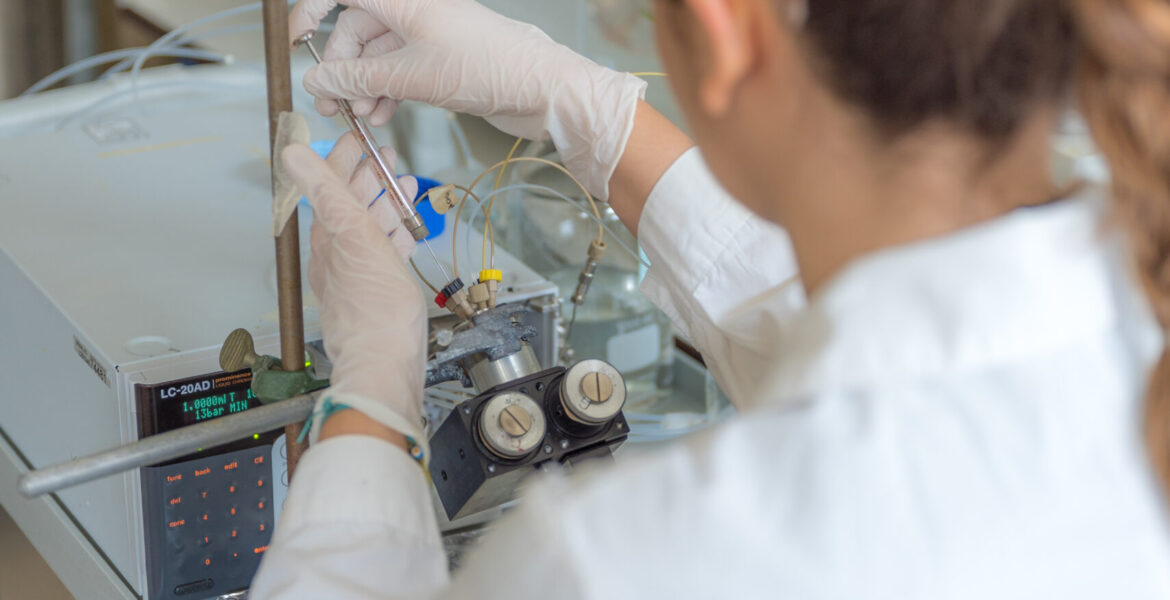
Exploring the benefits of undergraduate university student’s engagement on Science Outreach activities. The UoC Chemistry Outreach Group case study
KEDIMA TOTT organizes the 1st online meeting TOTT for the academic year 2024-2025 which will take place online on Wednesday 11 December 2024 at 15:00 to 17:00 and will be entitled:
Exploring the benefits of undergraduate university student’s engagement on Science Outreach activities. The UoC Chemistry Outreach Group case study
Presenter: Maria Fouskaki
summary:
The Chemistry Outreach Group (COG) of the Department of Chemistry of the University of Crete is based on the voluntary participation of PhD candidates, postgraduate and undergraduate students of the department. All the above participants, under the supervision and guidance of teaching staff, implement a variety of activities addressed to students of all levels, but also to the general public. These activities include public lectures, demonstrations of chemistry experiments, implementation of hands-on workshops for children, as well as participation in children’s and science festivals. The aim of the activities is to help students understand the significance of scientific research, as well as the practical and social aspects of chemistry, its history and nature, and its connection with other natural sciences. Making science more accessible for students, COG helps them to develop several skills and critical thinking, and in general enhance their scientific literacy. It turns out that apart from the students and the general public, there are multiple benefits for the university undergraduate students participating in COG. This participation appears to strengthen the bonds between undergraduate and postgraduate students/doctoral candidates in the Department of Chemistry. This interaction benefits undergraduate students by bringing them in contact with people of their age who are actively involved in scientific research, exchanging views on their studies and their future career. At the same time, the COG students develop some basic skills including communication, teamwork, organisational skills, time management, presentation of scientific concepts, and course planning. Finally, students enjoy the personal and professional satisfaction that comes from public offer of knowledge, and in general, the positive feedback from students and society.

